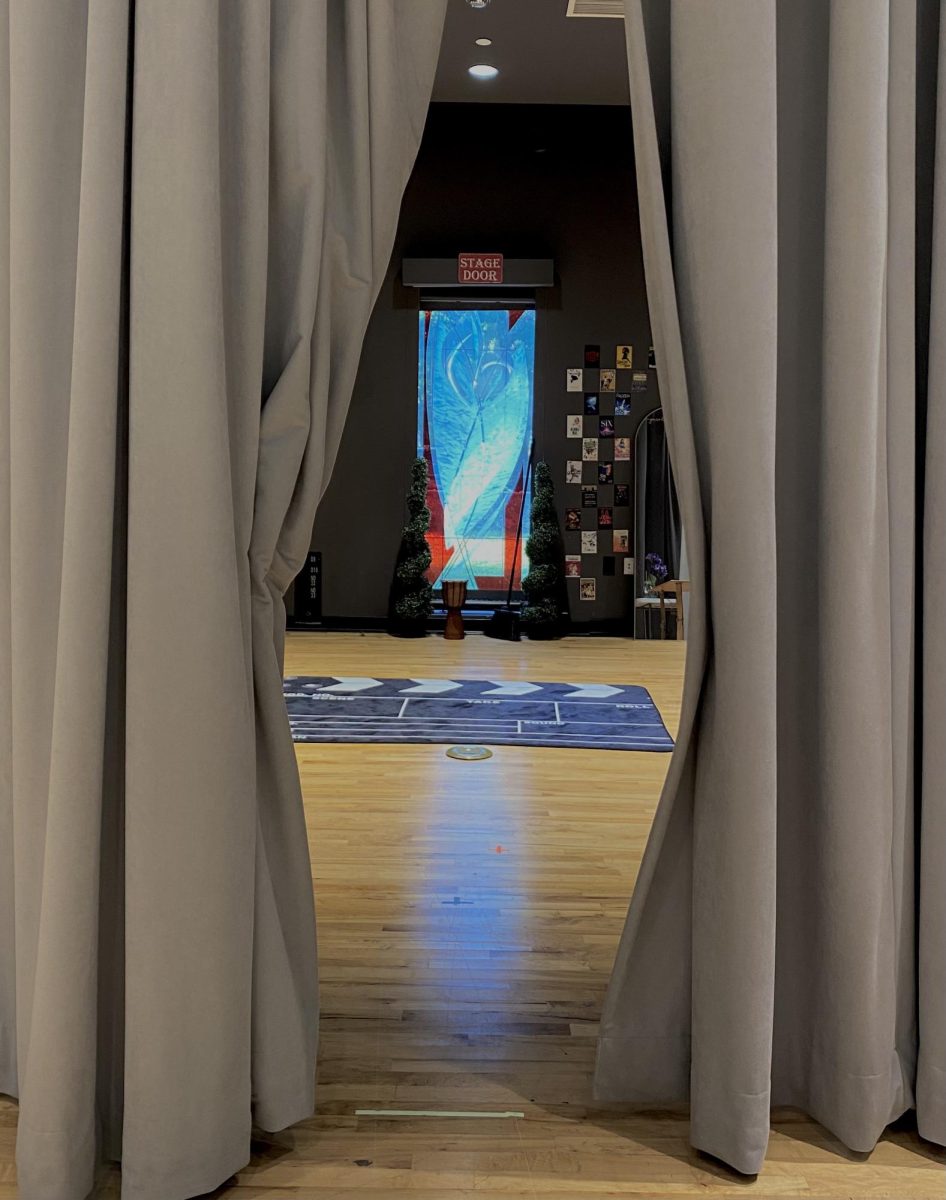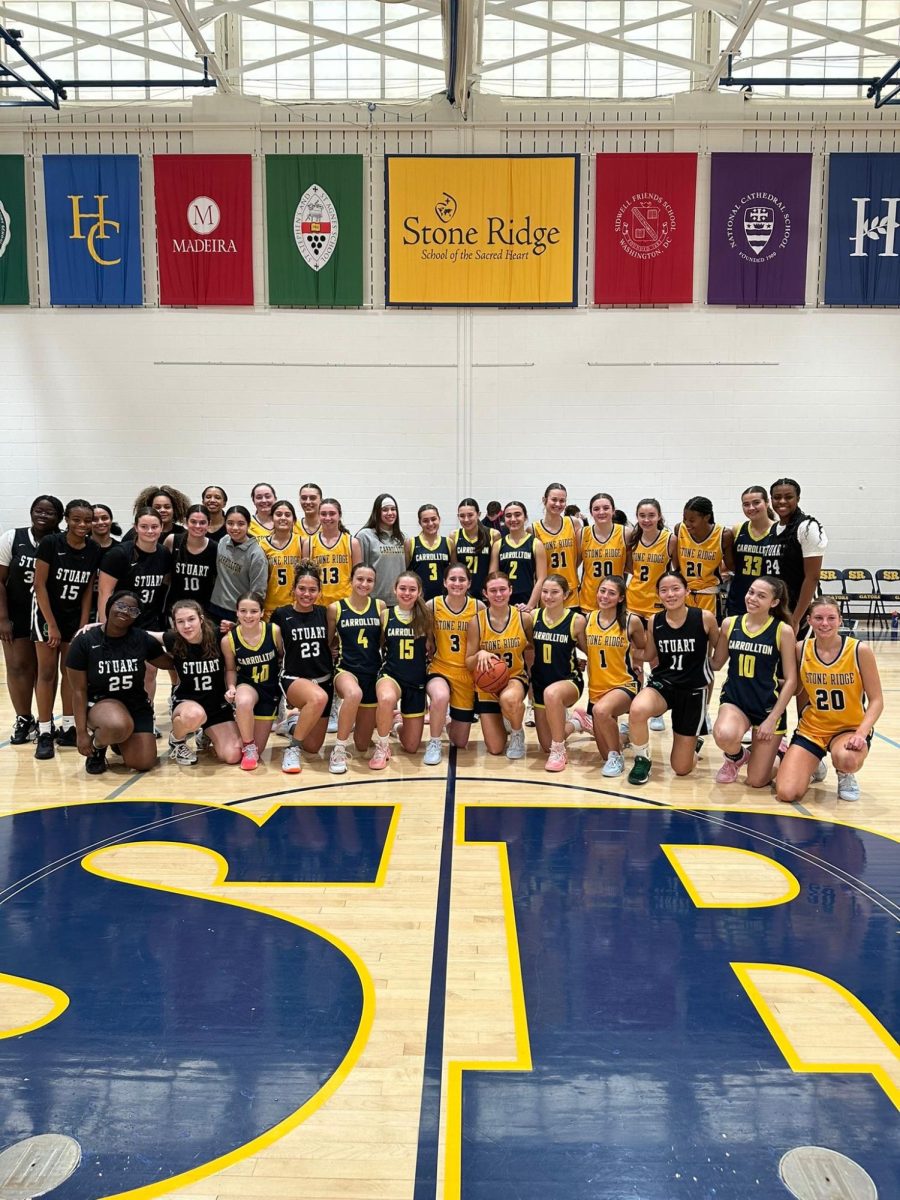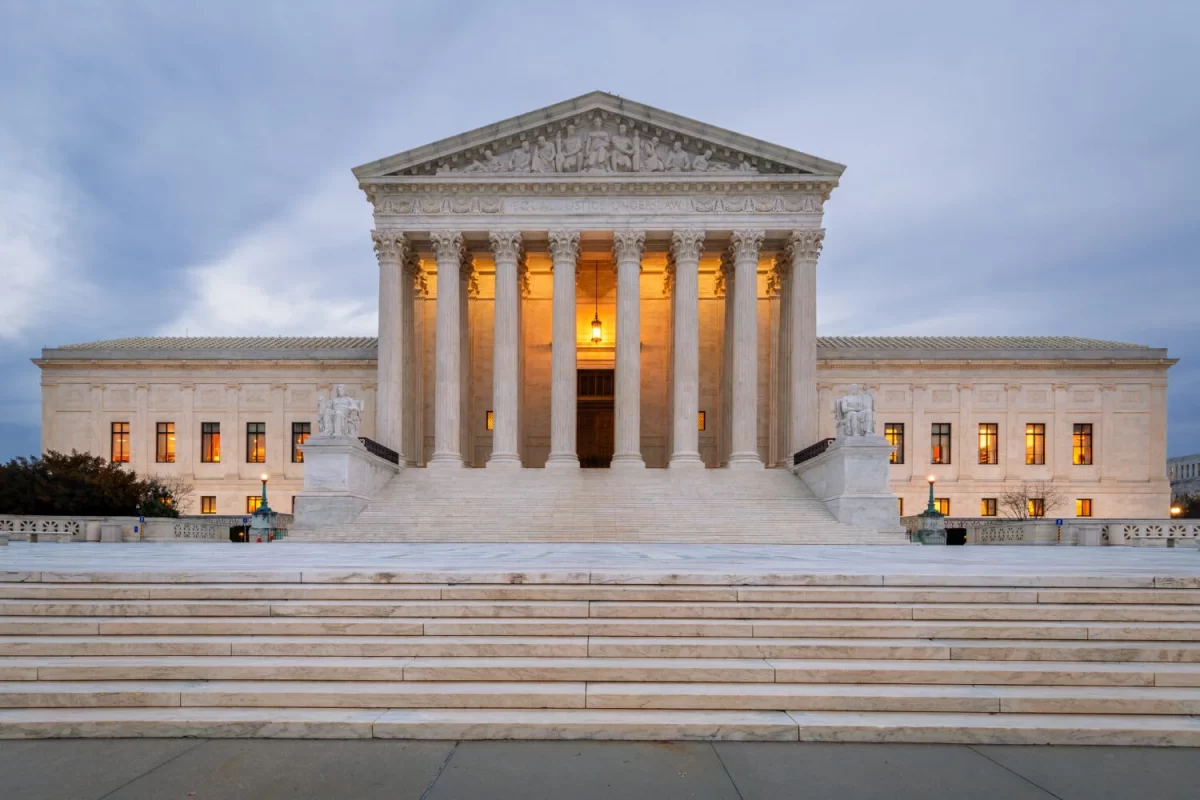Every day, businesses ignore the ADA, or the Americans with Disabilities Act. Some people take it upon themselves to hold them accountable. Deborah Laufer is one of those people.
In September, the Supreme Court heard a case on whether Laufer, a disability rights activist, had the right to sue a hotel for not following the ADA’s regulations even if she did not plan to stay there.
This case started back in 2020 when Laufer, a Florida woman with multiple sclerosis, sued Acheson Hotels for failing to mention on its booking page whether accessible rooms were offered. This violates the ADA, which states that all public accommodations must disclose information about its accessibility.
This regulation can be vital for people with disabilities when looking for accommodations with accessibility. “Even if you’re not accessible, don’t lie about it or skirt around it,” said Isabella Duarte-Crespo ’25, who has spina bifida. “It’s really helpful to just be honest. That way, we can plan appropriately.”
Since then, however, the issue has been resolved. The hotel is now under new management that changed their website to abide by the ADA’s standard. Laufer has even asked the Supreme Court to dismiss the case. The hotel, on the other hand, does not want to dismiss it.
Now, the Supreme Court needs to decide whether the case is moot, or a live controversy. “But in this case the hotel was bought by new owners and they changed the website,” said Mr. Heidt, Upper School debate and government teacher. “The thing that she sued about was already resolved. So the likelihood that the Court rules on the merits of her case is almost nothing.”
Another issue is whether Laufer has standing. “Standing basically says that for a case to go forward, a plaintiff has to have demonstrated personal harm from the issue. They have to be the injured party. And in this case, she admitted that she was not going to go to the hotel. She had no plans of using the hotel,” said Mr. Heidt.
Laufer is what is known as a “tester,” a person who ensures businesses are complying with ADA regulations. In fact, Laufer has filed over 600 lawsuits against hotels. However, there are many others like her who set out to challenge businesses that do not comply with the ADA. This is extremely vital as the ADA relies entirely on these “testers” to enforce their regulations.
With no public assistance, businesses often find it tedious to comply with the ADA’s regulations and decide not to do so. “The government makes it required that all public buildings are accessible but they don’t give any money for the states to do that,” said Duarte-Crespo.
But with the Supreme Court on this case, challenging Laufer’s standing could greatly affect the future of testers for all kinds of discrimination. The Court’s final ruling will change the way law treats and looks at testers.







































Paola Consuegra • Dec 25, 2023 at 9:14 am
Great article!